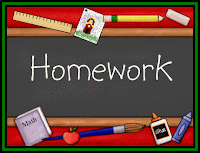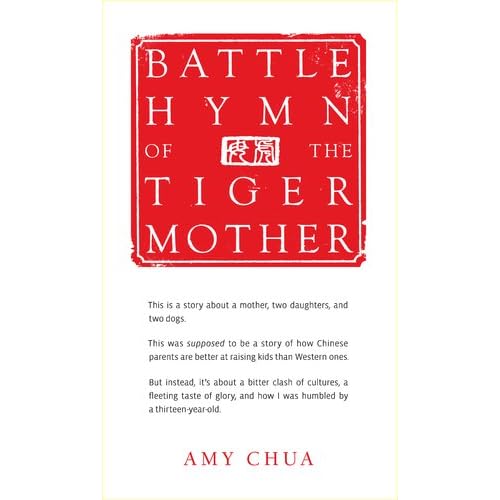|
Do Stars Shine Brightly At LA Private Schools?
|
The Daily Truffle posted a list of celebrities who graduated from Los Angeles area schools. Although L.A. is thought of as a city of transplants, natives can be found hiding in the manicured landscape. And I should know, since I’m one of them.
Having grown up in Beverlywood and attended Crossroads from 8-12th grades, I was amused by the Truffle’s list. It was, of course, heavily weighted toward the obvious sort of celebrity (I saw no brain surgeons or physicists on the list, although I’m sure there are some who graduated from my alma mater). And it made me think about the celebrity kids I went to school with, as well as the exposure to the celebrity culture my daughter might have as she makes her way through the L.A. private school scene.
I graduated from Crossroads in 1986, along with a good number of immensely bright and talented people, some of who are now mildly famous. Take, for instance, Anthony Wilson, an incredible working musician who plays guitar all over the world, or the bluegrass singer Gillian Welch. Matthew Tyrnaur, a roving editor for Vanity Fair who wrote, directed and produced last year’s documentary, “Valentino, The Last Emperor,” is a huge talent. How about Richard Rushfield, a terribly sardonic writer who, after publishing a couple of books, has finally hit his stride with the recently released American Idol: The Untold Story. Another example is Crossroads alum Maya Rudolph, who’s simply one of the funniest women ever on SNL.
Here’s the rub, though: for every superbright, very accomplished, fabulously erudite alum there are the duds who ruin it for everyone. While I can crow about my talented aforementioned classmates, there’s a Crossroads wall of shame, too. Poor Gary Coleman graduated in my Crossroads class. Performance genius Peter Sellars’ daughter, Victoria, went to Crossroads as well (her nickname was Pebbles, she has since been in porn, say no more). And, finally, just to utterly destroy any sense of pride I might have had, mental giant Brody Jenner (of reality show “The Hills” fame) graduated from Crossroads, too. Not exactly a sterling endorsement.
Perusing the list further, I came to the conclusion that, if you want your kid to have mega studio contacts, sending the tyke to Crossroads or Harvard Westlake is probably a sound move. There’s a ton of kids of Hollywood power players at these schools, and since Hollywood is merely an extension of high school socially (although played for higher stakes), there’s value in who you know. When I looked at Buckley’s “star” alums, though, it seemed resolutely “D” list: Paris Hilton, Alyssa Milano, Melissa Rivers.
The determination I’ve made is that sending kids to school with celebrities is probably unavoidable in Los Angeles, but not really a positive. It’s one thing to get a great education and then go out there and conquer the world, but that’s not what celebrity kids do. They are a distraction from the education, a sort of private school sideshow that titillates the ordinary students, but ultimately adds nothing to the academic experience. I may have graduated with Gary Coleman, but I do not remember him in any of my classes. He was like a celebrity ghost.
Now that my daughter attends Mirman, I wander around the campus sometimes, looking for the evidence of celebrity. I haven’t found it. It may exist there, somewhere, but at Mirman academic accomplishment seems to trump all. Whether they’re figuring out a math proof, composing a poem, or performing in a play, the school’s emphasis is on who you are as a person and what you can produce, not where you came from and who you know. And who knows? Anna just might be sitting next to a future Nobel Prize winner, or the inventor of the next Facebook, or maybe just a really good, really nice kid who will be her loyal friend forever. You never know.
Editor’s Note: The Willow’s School has had it’s share of notable celebrity kids. The daughters of Bruce Willis and Demi Moore were students there. So was Courtney Love’s daughter. And Steven Spielberg’s kid. There is currently a major, A+List celebrity family at the school. For privacy reasons, I won’t mention the name. But, it does make for fun “star-sightings!”





